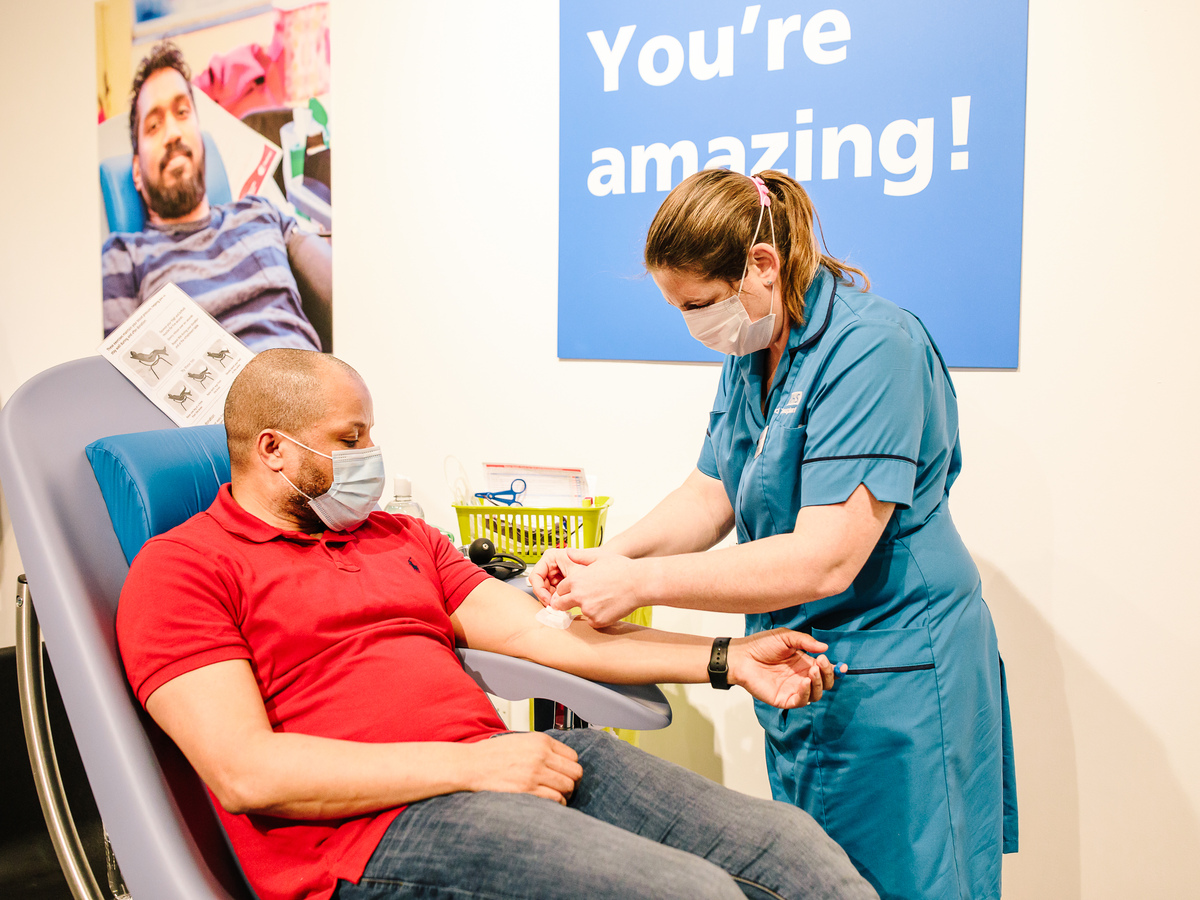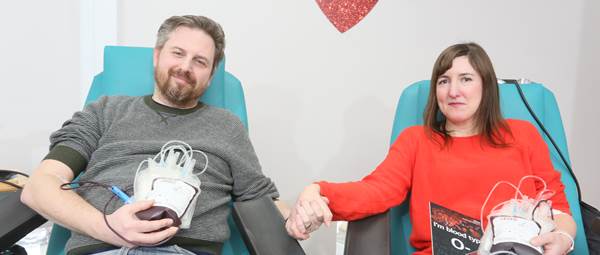UK plasma to be made available for medicine production
The Government has lifted the ban on using UK blood plasma for fractionation. This means the plasma collected during whole blood donation will soon be able to be used to produce life-enhancing and lifesaving treatments.
The process of fractionation separates blood plasma into its different components which can be used to produce medicines such as immunoglobulins. Plasma-derived medicines are used every day to treat patients with compromised immune systems. In the UK, there are thousands of patients who rely on these treatments.
When you donate blood the process will not change, but the lifting of the ban means that excess plasma from whole blood donations will soon be used to produce these medicines.

Plasma recovered from blood donations will be sent to a fractionator – a highly-specialised manufacturer which carries out the process - where it will be used to produce plasma-derived medicinal products. These products will then be supplied to the NHS to treat patients. NHS England is now working to appoint a fractionator.
NHS Blood and Transplant Chief Executive Betsy Bassis said: "We are so pleased that our donors’ gifts will now be able to save and improve even more lives in the years ahead. This is an exciting day for donors and patients alike.
"This is an exciting opportunity for the UK to reduce its dependence on the US for critical plasma-derived medicines on which so many patients depend."
The plasma component of whole blood could not previously be used in the UK because of the variant Creutzfeldt-Jakob disease (vCJD) restrictions introduced in 1998. Experts have now found UK plasma is safe to use to produce immunoglobulins for plasma-derived medicine products.
We will keep you updated on further developments as they occur.

